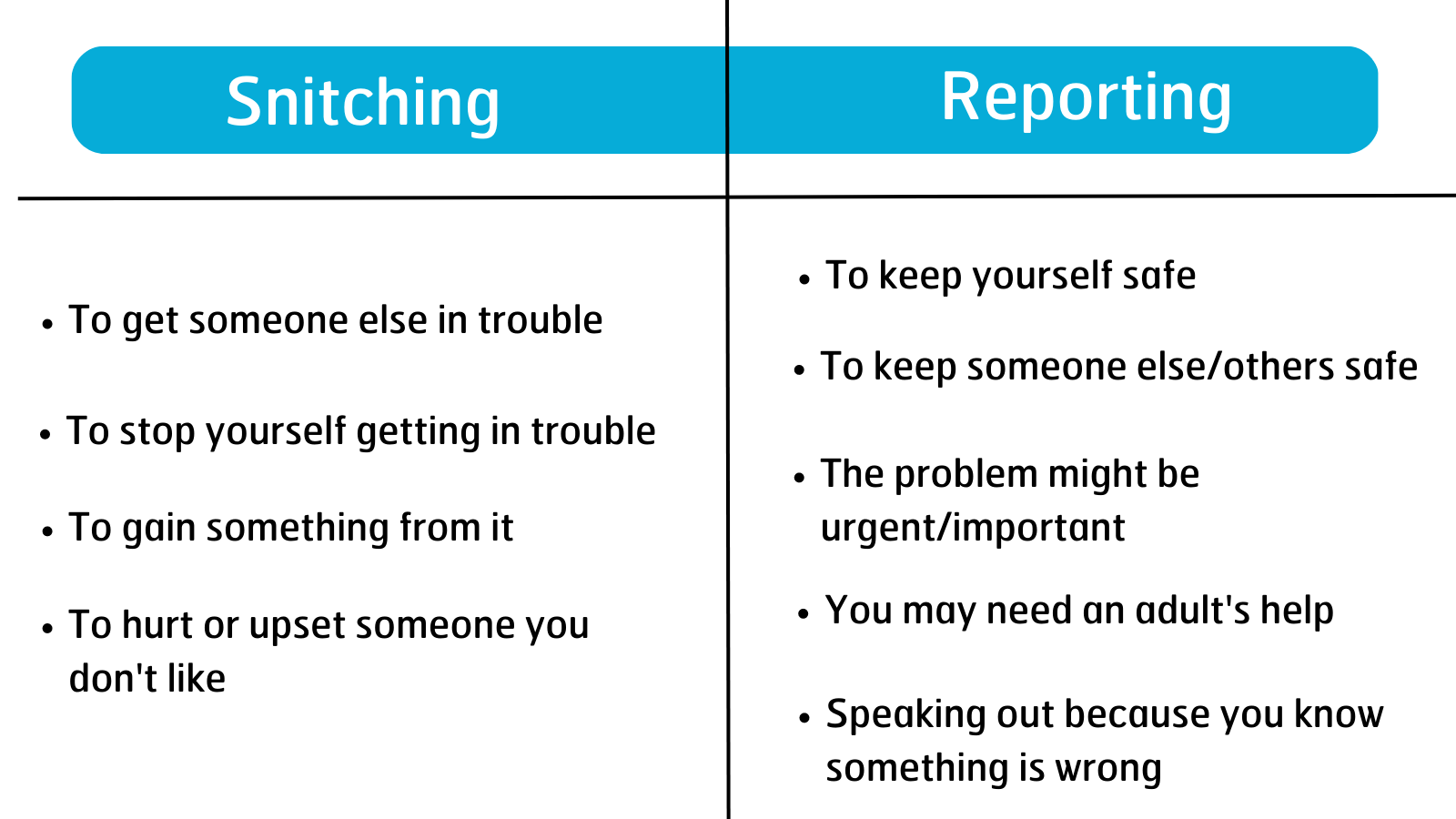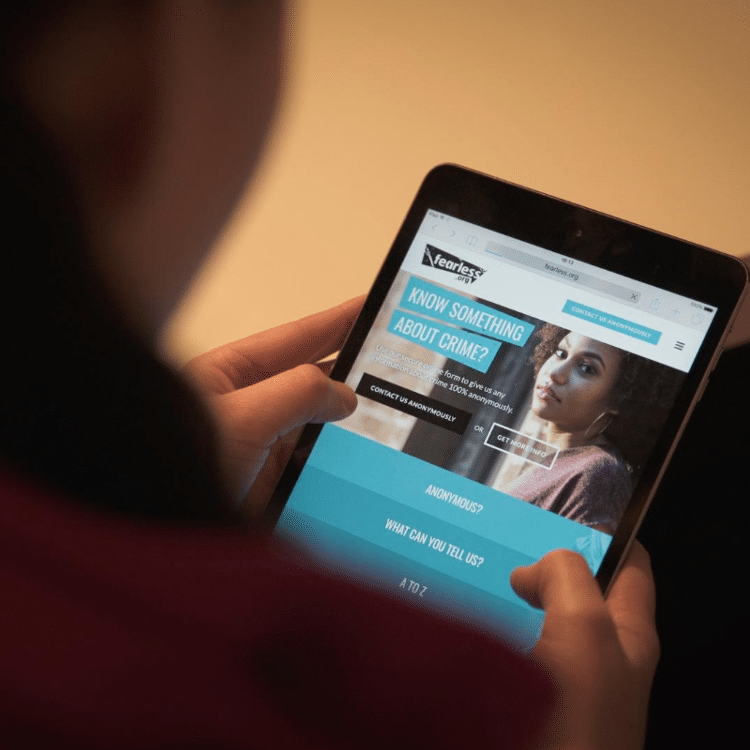Parents/guardians
About Fearless
Fearless is the dedicated youth service of the independent charity Crimestoppers. We give young people the power to report crime 100% anonymously.
You can give information to us using our online form or by calling our freephone number, 0800 555 111.
We cannot track your IP address or your phone number. We have no way of knowing who has contacted us.
After receiving your completed form or your call, we create a report, ensuring it doesn't contain any info that could identify you, and your report is then sent on to the relevant authority with the legal responsibility to investigate.
We are not the police. We are a charity. You will not be contacted by the police after passing information on to Fearless as the police have no way of knowing who the information has come from.
Want to know more? Have questions about how it all works? Check out our FAQs
How to talk to young people about reporting crime
For young people, reporting crime can be a difficult decision. One way you can assist is to help the young person to detach themselves from the information – it’s not about them but about the information they have.
When someone reports something to keep others safe, whether to a trusted adult, the police or Fearless.org, they are being an active bystander.
It is important to change the narrative of crime reporting when talking to young people. They are not being a snitch; they are helping make their community, friends and family safe. They are creating a safer place for everyone to live.

Information about crime types
As a parent/guardian we understand it can be difficult to talk to young people about crime. To find out more about crime types including, knife crime, county line, cyber crime and others that may be impacting you, your young person or your local community click on the link below:
Snitching Vs Reporting
The word snitching carries a lot of negativity. No young person wants to be called a snitch or to be known as a snitch. It is important that we help young people to see that there is a difference between snitching and reporting a crime.
Young people would rather get into trouble themselves than be seen as a snitch.
- Allnock & Atkinson, 2019
The information below highlights how reporting crime has positive outcomes and is done for positive reasons.
You can use this information to speak to young people to help them identify the differences between snitching and reporting:

We understand that there are many reasons why young people may not want to report a crime. Being labelled a snitch is one of these reasons, however there are many more. So even after having these conversations with your young person they may still be worried about reporting a crime. This is where Fearless can help, providing young people with a safe space to report crime. They will not need to speak to the police, they will not need to go to court and no one will know they have made a report.

Anonymity
Fearless is a service that allows you to pass on information about crime 100% anonymously. Anonymous means your identity is completely unknown.

Give information anonymously
Report a crime 100% anonymously by completing our online form or calling 0800 555 111

Youth support services
Access a selection of youth organisations who can offer further information, advice and support for whatever you're dealing with.
